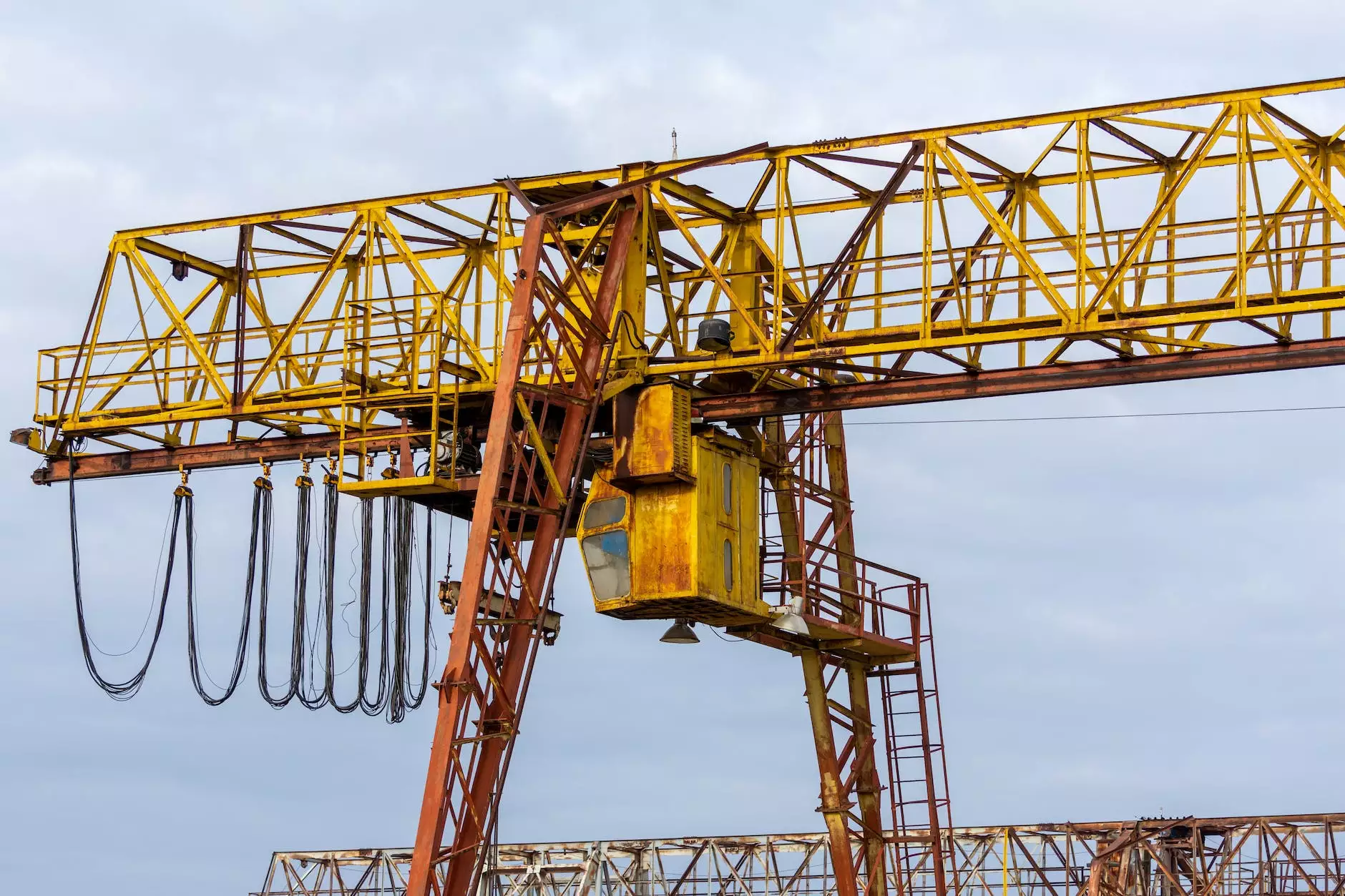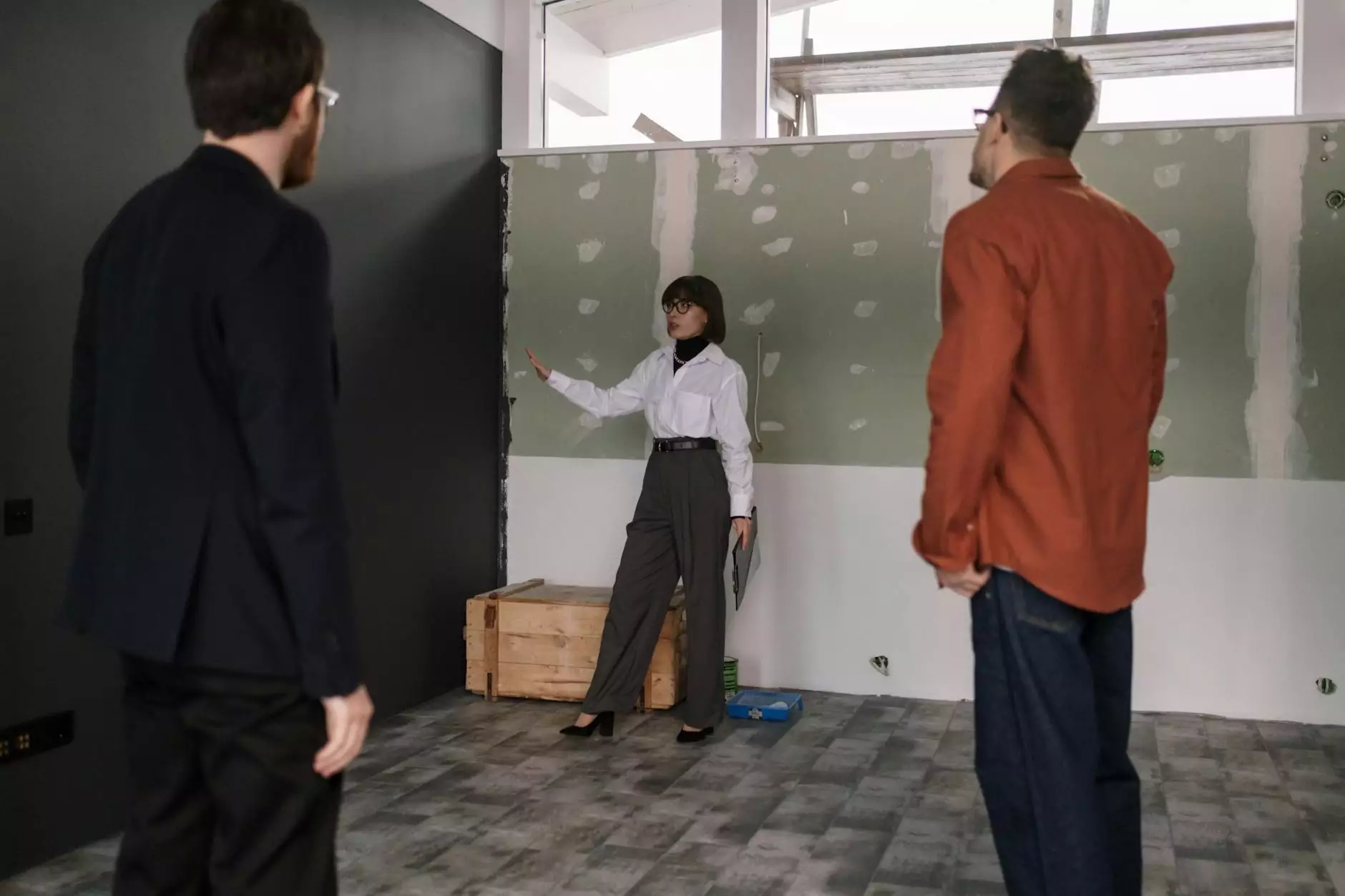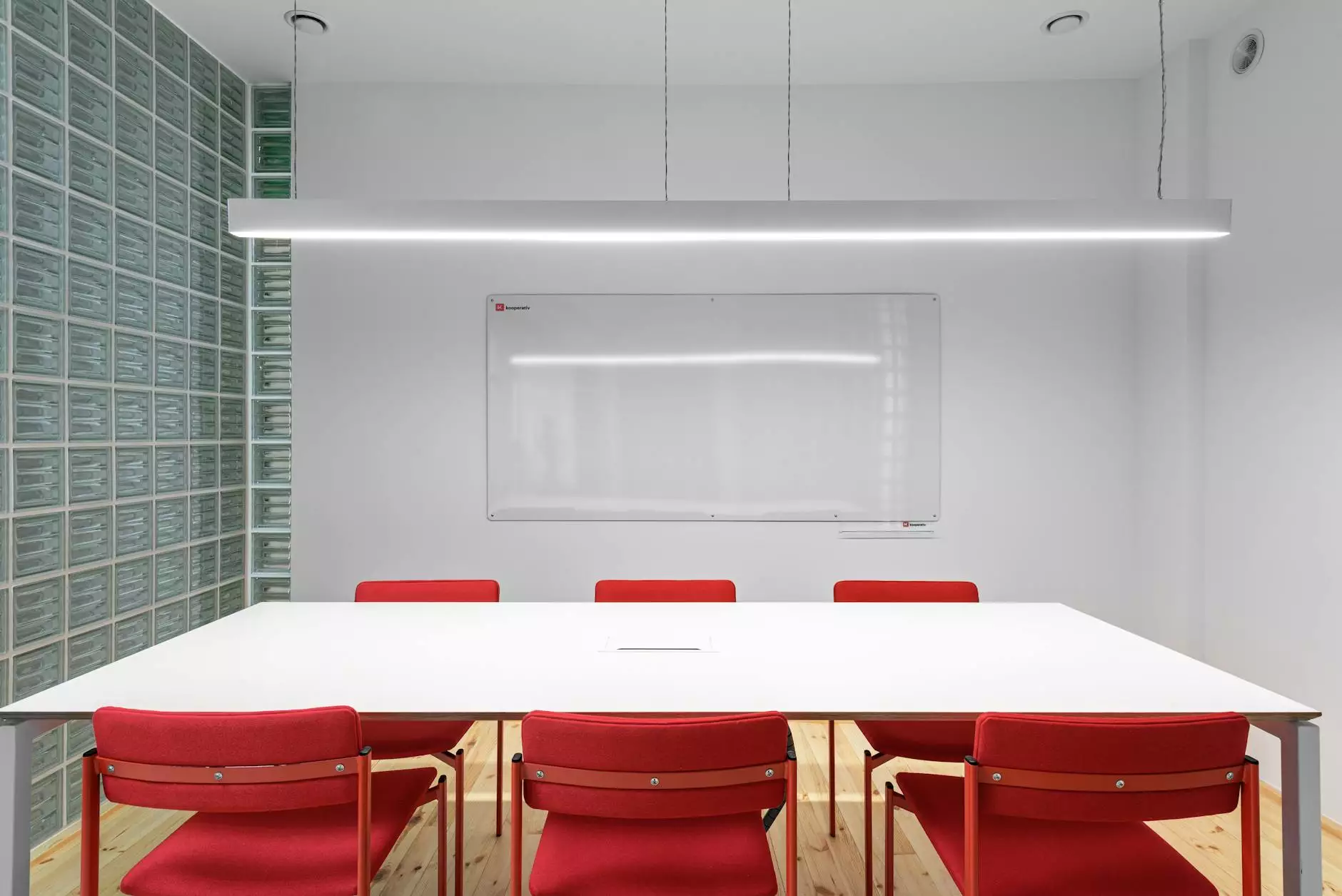Construction Budgets – How to Avoid Common Pitfalls!

Welcome to Creative Concepts, the industry leader in home and garden - interior design solutions. Today, we will guide you through the process of creating construction budgets and share valuable insights on how to avoid common pitfalls along the way. Whether you're planning a small renovation or a full-scale construction project, proper budgeting is crucial to ensure a successful outcome.
The Importance of a Well-Defined Construction Budget
A construction budget serves as a blueprint for your project, outlining the estimated costs for labor, materials, permits, and other expenses. By having a detailed budget in place, you can effectively manage your resources, prevent overspending, and stay on track throughout the construction process. Let's dive deeper into the common pitfalls that many people encounter when creating construction budgets and how you can avoid them.
1. Underestimating Costs
One of the most common mistakes people make is underestimating the costs involved in a construction project. Before starting any work, it's essential to conduct thorough research and gather accurate estimates from contractors, suppliers, and other professionals. Take into consideration all potential expenses, including unforeseen costs, and add a contingency buffer to your budget to account for any unexpected circumstances that may arise.
Expert Tip: Consult Multiple Professionals
Seeking advice from multiple professionals, such as architects, engineers, and contractors, can provide you with different perspectives and help you gain a comprehensive understanding of the potential costs involved. This will enable you to create a more realistic and accurate budget for your project.
2. Failing to Account for Design Changes
During the course of a construction project, it's not uncommon for design changes to occur. These changes may arise due to unforeseen issues or evolving preferences. Failing to account for these changes in your budget can lead to significant financial strain. It's important to have a flexible budget that allows for modifications along the way without jeopardizing the overall construction process.
Expert Tip: Allocate a Design Contingency Fund
Set aside a portion of your construction budget as a design contingency fund. This fund will come in handy if unexpected design changes need to be implemented. By proactively planning for these modifications, you can ensure that your budget remains intact, and your project can adapt to evolving requirements.
3. Ignoring Maintenance and Long-Term Costs
When creating a construction budget, many people tend to focus solely on the immediate costs associated with the project. However, it's important to consider the long-term implications and maintenance expenses as well. Ignoring these costs can lead to future financial burdens that could have been avoided with proper planning.
Expert Tip: Conduct a Life-Cycle Cost Analysis
Performing a life-cycle cost analysis allows you to assess the total cost of ownership over the lifespan of your construction project. This analysis takes into account not only the upfront construction costs but also the ongoing maintenance, energy efficiency, and potential repairs or replacements. By incorporating these long-term costs into your budget, you can make informed decisions and ensure the sustainability of your project.
4. Overlooking Permit and Regulatory Expenses
Every construction project requires various permits and compliances with local regulations. Failing to account for permit fees, inspection costs, and other regulatory expenses can result in delays, penalties, and potential legal issues. It's vital to include these expenses in your budget from the beginning to avoid any setbacks during the construction process.
Expert Tip: Collaborate with a Knowledgeable Professional
Working alongside a knowledgeable professional familiar with local building codes and regulations can help streamline the process and ensure all permit and regulatory expenses are properly accounted for in your budget. They can also guide you through any documentation requirements and submit the necessary paperwork promptly.
Conclusion
Creating a well-defined construction budget is essential for any successful project. By avoiding the common pitfalls mentioned above and implementing the expert tips provided, you can ensure that your construction project stays on track, both financially and logistically. At Creative Concepts, we understand the importance of proper budgeting and offer our expertise to help you achieve your home and garden - interior design goals with peace of mind.










